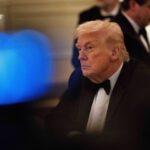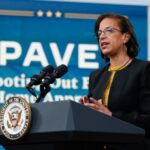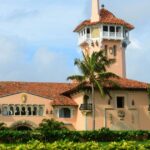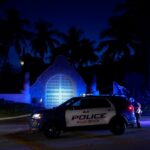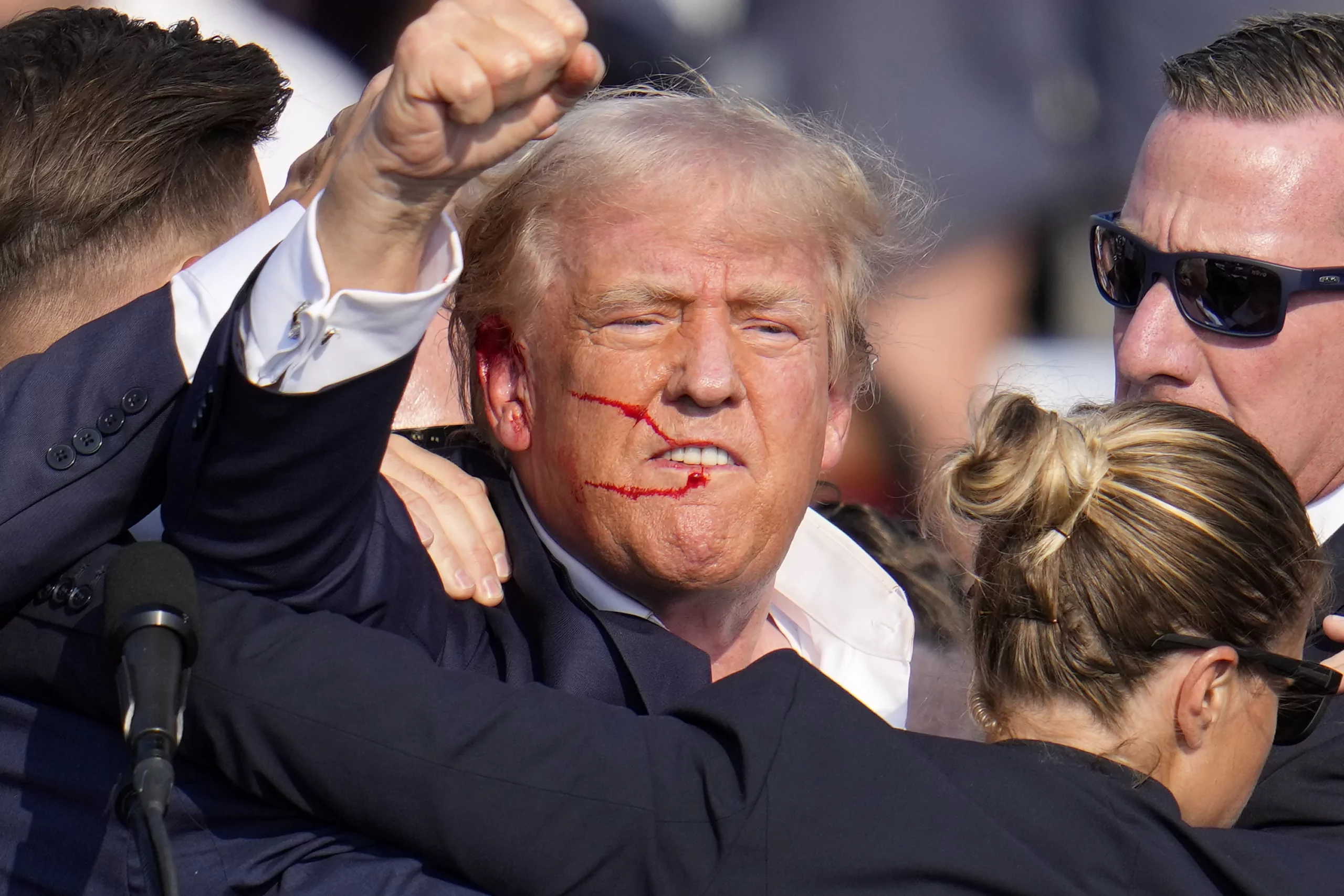

The security failures leading to the first assassination attempt on former President Donald Trump at a July campaign rally were the fault of the Secret Service rather than local law enforcement, according to the House task force investigating the shooting and witnesses who appeared before the panel on Thursday.
The House task force investigating the assassination attempts held its first hearing on the July 13 shooting, featuring testimony from three local law enforcement officials who were present at the rally and responsible for security during the event. The hearing centered on testimony that the Secret Service inadequately prepared local police departments to secure the rally site and that the security failures that allowed a gunman to open fire on Trump were the fault of the federal agency.
“We will be seeking answers about the Secret Service’s questionable decisions regarding planning resources and the apparent lack of leadership that led to complacency and vulnerability on July 13,” Task Force on the Attempted Assassination of Donald Trump Chairman Mike Kelly (R-PA) said in his opening statement. “The Secret Service must do better. This task force has a solemn, urgent responsibility to uncover the failures and help stop them from being repeated.”
Local law enforcement officials testified that their agents assigned to the rally completed the tasks they were given and adequately reported the situation as it unfolded to the proper channels.
Edward Lenz, sergeant of the Adams Township Police Department and commander of the Butler County Emergency Services Unit, testified that the department provided 44 officials to the rally, which was more than the Secret Service requested. However, Lenz told lawmakers that “at no point during the planning process” did the emergency unit say they “would deploy a sniper team” to the roof where the gunman was positioned.
“The snipers were not able to see the roof where the shooter was located, and again, that was not within their area of responsibility,” Lenz said.
Instead, Lenz said his team completed its duties by relaying reports of an observed suspicious person to the Secret Service and other law enforcement officials on site.
“Had these officers not picked up on this suspicious behavior, we likely would not have known anything was wrong until shots were fired,” Lenz said.
The panel also heard from Drew Blasko, a patrolman with Butler Township Police Department on duty that day, who said local officials did the best they could with the information they had.
“With the information that we had, I believe that we did the very best that we can, or we could,” Blasko said. “I feel that with them being the lead and we were in a request assist function, we provided what they asked for.”
CLICK HERE TO READ MORE FROM THE WASHINGTON EXAMINER
The hearing comes two months after Congress unanimously voted to create a task force to investigate the first assassination attempt of Trump during a July 13 rally in Butler, Pennsylvania. The task force is split among parties, with seven Republicans and six Democrats appointed to the panel. That ratio gives GOP lawmakers ultimate control over the task force’s decisions, but leaders have indicated it would largely act in a bipartisan manner.
The task force has since been expanded to investigate a second assassination attempt earlier this month. The panel is expected to hold more hearings and release a final report by Dec. 13 with interim reports released along the way.
